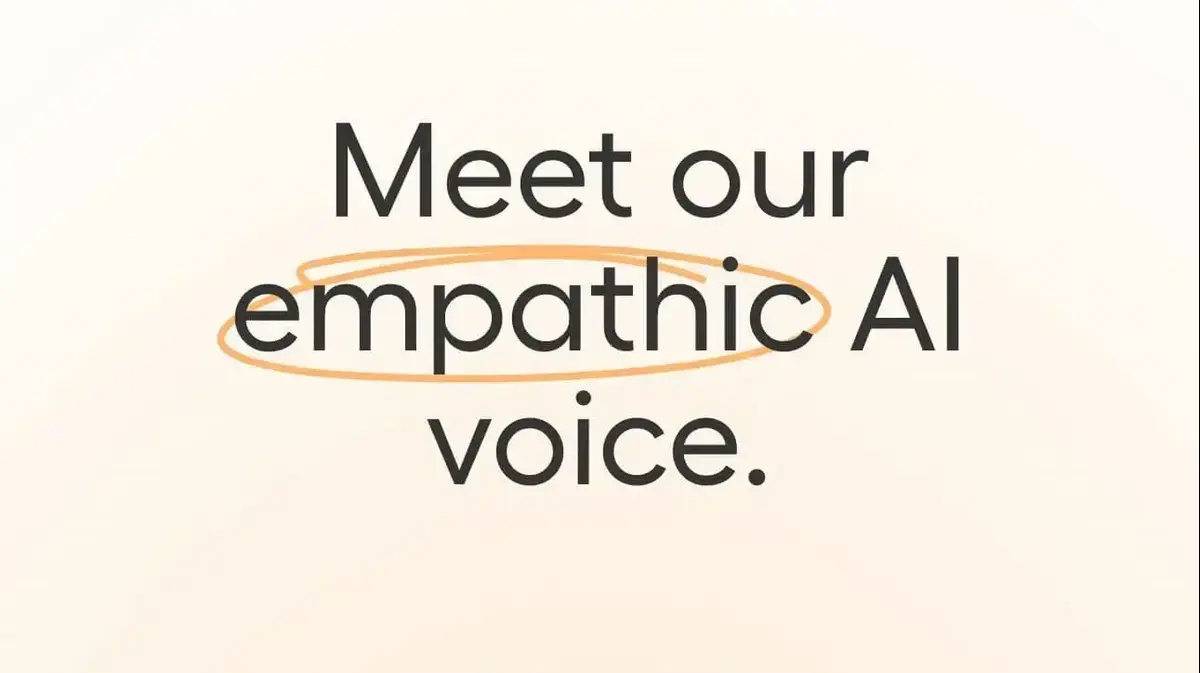No more scrolling for hours in search of the perfect music to accompany a difficult awakening or to recover from a long day.
From now on, a simple “Hey Spotify”, whispered near a telephone could meet these needs with “Chill Morning”, “Zen Attitude” or “Happy Day” playlists.
Read also: Spotify launches radio morning shows in the USA
Like “Hey Sir” or “Alexa”, Spotify filed in February 2018, the patent for this innovation allowing the user's voice to be analyzed to suggest musical content relating to his emotional state.
Almost three years later, the patent has just been approved on January 12, 2021, according to information published on the specialized site Music Business Worldwide.
A voice assistant at your service
To define a user's mood, the project's designers suggest that Spotify will analyze the intonation of the voice, but also age, accent or gender.
Does this mean that an inhabitant of the Swiss Alpine pastures will be entitled to drawling music?
The voice assistant will be able to complete its analysis by also having access to contextual information such as background noises in the room or the rhythm of the voice.
Clues, which will allow Spotify to know if a user is happy, angry, sad or neutral and thus adapt the assistant's responses accordingly, to provide the necessary emotional support.
“Using this data, the electronic device will change the tone of its voice for messages to be presented to the user,”
explains the creators of this technology.
For example, the voice will be happier or higher for people to whom Spotify has attributed the personality trait of extroversion.
The assistant will also be able to listen to the user's vocal reactions to the music and, depending on the listener's mood, stop playing songs that seem to evoke anger, sadness or other emotions. negative.
Other innovations to come on the platform
This technology, called
“Identifying the attributes of taste from an audio signal”
is one of the many technical innovations patented by Spotify during the year 2020.
In September, the Swedish platform also developed a “karaoke” function, which allows users to overlay a music track with their own voice.
In mid-December, she also conducted a study on how people's personality traits influence their musical preferences.
We learn, not surprisingly, that an optimistic person will tend to listen to soulful or rhythmic songs like
Down On The Corner
by Creedence Clearwater Revival or
Let The Good Times Roll
by Ray Charles, but also that an introverted person would dig deeper. in the catalogs of artists and would therefore listen to an above-average number of titles.
History undoubtedly to nourish his interior life ...
A worrying use of data?
If on paper, these technologies seem if not original, at least innovative, they nevertheless question their ethics.
Will this information be used only to deliver personalized music and podcast content or can Spotify use it to improve its ad targeting?
In its study published in December, the platform says:
“A person's digital life is extraordinarily personal and sensitive.
We disavow any future research or application that violates ethical standards for data use and is not transparent about the privacy of its users. "
A simple precaution of use?
Cinema, theater, music ... The student journalists of
IPJ, the Practical Institute of Journalism of the University of Paris Dauphine
, offer their perspective on cultural news.
IPJ Dauphine








